Post Azonto Blues
———
Azonto is a subgenre of Hiplife in Ghana. It became a fad around 2013. Blues is melancholy & the generally low levels of energy. Post Azonto Blues therefore references the overall melancholy amongst people post-Azonto. After the wave passed.
———
Azonto is a subgenre of Hiplife in Ghana. It became a fad around 2013. Blues is melancholy & the generally low levels of energy. Post Azonto Blues therefore references the overall melancholy amongst people post-Azonto. After the wave passed.
https://twitter.com/Tokersi/status/1652553436003549186
———
What the elephant talk the ant?
I no dey see you kraa
I no dey see you saf
I no dey see you kraa
I no dey see you saf
———
Right off the bat, Mdot establishes the comparative categories or a taxonomic classification—the elephant (class mammalia) and the ant (class insecta).
What the elephant talk the ant?
I no dey see you kraa
I no dey see you saf
I no dey see you kraa
I no dey see you saf
———
Right off the bat, Mdot establishes the comparative categories or a taxonomic classification—the elephant (class mammalia) and the ant (class insecta).
The elephant doesn't bother itself with the ant. It sees & considers it as a microorganism of no use to it, given the size difference between them. It doesn't regard its activities neither does it consider it as a competitor. Similarly, on #ForgetDem the rapper stated,
Yɛ wo wo sɛ bra be kum ɔsono aa
Ɛn pre pre kusie ho na wan ko pra
—Forget Dem
To wit—if you were born to kill the elephant (ɔsono), don't go hurting yourself over a rat. In effect, the rapper won't allow trivial issues & pursuits to push him off the course to the top—
Ɛn pre pre kusie ho na wan ko pra
—Forget Dem
To wit—if you were born to kill the elephant (ɔsono), don't go hurting yourself over a rat. In effect, the rapper won't allow trivial issues & pursuits to push him off the course to the top—
"It's lonely at the top but I think I like the view" (Tim Westwood Freestyle).
In Pidgin, "I no dey see you saf/kraa" means "I don't regard what you're doing" or "I pay you no attention" or "I don't see you at all". It's beyond just "seeing". It's recognition.
In Pidgin, "I no dey see you saf/kraa" means "I don't regard what you're doing" or "I pay you no attention" or "I don't see you at all". It's beyond just "seeing". It's recognition.
I don't regard or recognise or acknowledge you.
That's, right from the opening line we know that this song is about differences and uniqueness. A line has been drawn—Fake from real, lines been drawn/Bold till till, fear been gone (Azumah Nelson Flow).
That's, right from the opening line we know that this song is about differences and uniqueness. A line has been drawn—Fake from real, lines been drawn/Bold till till, fear been gone (Azumah Nelson Flow).
———
See, We no dey follow trends, nah we father them
Kill them off send 'em all off to martyrdom
Monkey see monkey do but I'm not shocked at them
But it all depends with a pen I'll throw salt at them
———
See, We no dey follow trends, nah we father them
Kill them off send 'em all off to martyrdom
Monkey see monkey do but I'm not shocked at them
But it all depends with a pen I'll throw salt at them
———
And why is the artiste not concerned about the "others"? Because he is not on the "trends-followership", the "trends scavengers & spongers". He's on the "trends fathering", "trends birthing or creation" path. That's, he's at the cutting edge of creativity in his field.
In every field, there are those who are at its cutting edge, expanding the territory of knowledge & the span of influence of the field & there are those who follow—who use what has been found/discovered for their own research or activities.
This rapper here is saying he isn't a follower. He emphasised this on #NoLongTalk
Even off the top they cannot top us
Don’t compare me to
Wave-hoppers and name-droppers
—No Long Talk
See full review
Even off the top they cannot top us
Don’t compare me to
Wave-hoppers and name-droppers
—No Long Talk
See full review
https://twitter.com/nfreduagyeman/status/1640079319086120965?t=yU14G8OpbtsrA4ZkD6rvXg&s=19
Don't compare him to those who always have to jump onto what's popular at the time to be relevant. They don't innovate, they don't reinterpret, they scavenge & sponge. They are not creators. They're followers.
"We father them" could also mean they are farther (homophonic pun) from anything trendy. In sum, we can say that when the rapper fathers a thing and as it becomes trendy, he moves farther from it, allowing it to go through
its creative evolution through various reinterpretations by other artistes—or loosely, he "pays forward",
Now I’m in the booth and I pay it forward
Stone cold fact I’m made for it
—GPS (#TheEpilogue)
To pay forward means passing on something good someone did for you to another
Now I’m in the booth and I pay it forward
Stone cold fact I’m made for it
—GPS (#TheEpilogue)
To pay forward means passing on something good someone did for you to another
person & not necessarily paying back the person who did that good thing for you. In this way, we seek to do to others the good others have done for us.
Kill them off send 'em all off to martyrdom—A martyr is someone who dies for their beliefs or principles, especially when they
Kill them off send 'em all off to martyrdom—A martyr is someone who dies for their beliefs or principles, especially when they
could have saved themselves by denouncing those beliefs/principles. Martyrdom is "the suffering of death on account of adherence to a cause and especially to one's religious faith".
Thus, this line implies that when trends come up, they should be battle-tested, field-tested,
Thus, this line implies that when trends come up, they should be battle-tested, field-tested,
& time-tested. They should be made to go through evolutions & battles & tests & if they are too rigid, neither malleable nor adaptable, & they die as a result, so be it. We will fondly remember/reminisce like we do of matyrs.
Or the rapper implies that he will use his creativity to destroy his competitors & send them off to martyrdom, to be worshipped by their followers.
But the creative industry is just one huge "control see & control pee" enterprise—copy& paste is the ultimate template of the game.
But the creative industry is just one huge "control see & control pee" enterprise—copy& paste is the ultimate template of the game.
Everyone wants to ride every successful instrumentation without any significant fundamental technical changes. Over time, the instrumentation becomes trite—the users exhaust it, no longer able to conjure fanciful lyrics to fit it & the listeners
get bored & move on to the next new thing. Monkey see, monkey do—imitating something without understanding/having the required knowledge of, or concern for, consequences. The artistes then hop onto the next wave.
The phrase "Monkey see monkey do" is an allusion (& an asyndeton—removal of conjunctions from a sentence to make it concise) to a proverbial expression, which means people often imitate or follow others without thinking. 

However, the rapper isn't shocked at this behaviour—either because he knows that's the normative behaviour of rappers in the industry or the normative feature of the industry. But when he gets a pen he'll sting them with his lyrics, he'll expose them,
he'll cause massive devastation—he'll throw salt at them. Isn't the pen mightier than a sword? Pen here is a metaphor for his lyrics.
The line "with a pen I'll throw salt at them," is a metaphor that describes how he'll mess their strategy with superior lyricism.

The line "with a pen I'll throw salt at them," is a metaphor that describes how he'll mess their strategy with superior lyricism.
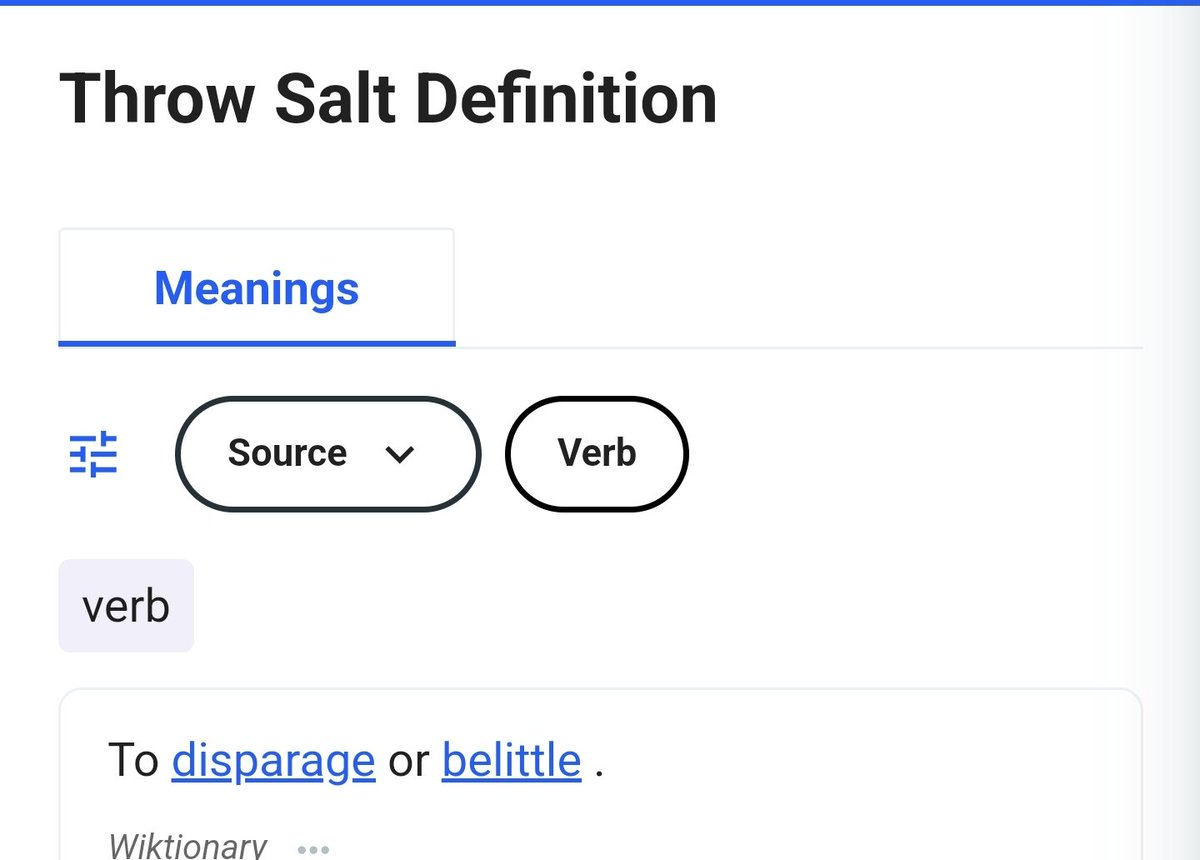

All the first four lines of the first verse rhyme on the last syllable—them & -dom. A few of them have internal rhymes like "depends" & "pen".
———
Plagiarism and sadism on a major rise
And even that thought I think I might have plagiarized
No shit Sherlock, I'm on some Rupert Murdoch
My news in the sky angels cry to empathize
———
Plagiarism and sadism on a major rise
And even that thought I think I might have plagiarized
No shit Sherlock, I'm on some Rupert Murdoch
My news in the sky angels cry to empathize
———
Plagiarism is "stealing and passing off (the ideas or words of another) as one's own; use (another's production) without crediting the source"—if you use someone's intellectual property or creative output without crediting the person & pass it off as yours, you've plagiarised.
"Monkey see, monkey do", is basically the pidgin definition of plagiarism as applied to intellectual property.
Sadism (rhymes with plagiarism) is the sexual pleasure derived from causing pain in someone. Mdot suggests that these two things are on an upward swing/increase—
Sadism (rhymes with plagiarism) is the sexual pleasure derived from causing pain in someone. Mdot suggests that these two things are on an upward swing/increase—
major rise. There have been many instances of copyright infringement & many people/artistes have been accused or charged with such actions. The music industry is fraught with such deeds.
In one line, Mdot addressed two issues that affect different parts of our lives. Sadism is gradually moving into mainstream sex, and sexual sadists have become common. There are numerous reports of arrests of sadists, especially those involving minors.
Also, sadism here could be a metaphor for the joy people have when they steal others' ideas & pass it off as theirs, knowing that the victim doesn't have the muscle, the industry machine & support, the wherewithal, or even the knowledge to challenge them.
It's like preying on the weak ones for one's satisfaction/gratification. Here the stronger one, the predator, gets pleasure/satisfaction from the pain they cause. They gain from the pain they inflict.
Ironically, the rapper accused himself of perhaps having "plagiarised" this statement. He's not sure if it's from his personal observation or if his subconscious has stored it for retrieval, from other sources, unknowingly.
He describes his findings/observations that plagiarism & sadism are on a major rise as epiphanic as the investigations by Sherlock Holmes & Rupert Murdoch (allusion to a great investigator & a powerful person, respectively).
Rupert Murdoch is an Australian billionaire & media mogul who owns Newscorp. Newscorp owns The Sun and The Times in the UK, The Daily Telegraph, Herald Sun, and The Australian in Australia, The Wall Street Journal and the New York Post in the US, book publisher HarperCollins,
and the television broadcasting channels Sky News Australia and Fox News (through the Fox Corporation). He used to own Sky & News of the World.
In 2011, News of the World was charged with hacking into a murdered girl's phone in the UK, to obtain "scoop" for their stories.
In 2011, News of the World was charged with hacking into a murdered girl's phone in the UK, to obtain "scoop" for their stories.
This led to the arrest of 5 people & evidence that the media empire had been engaging in hacking of celebrities, soldiers, members of the Royal Family, among others, since 2005. The public uproar & backlash led to the collapse of News of the World after 168 years of operation & 


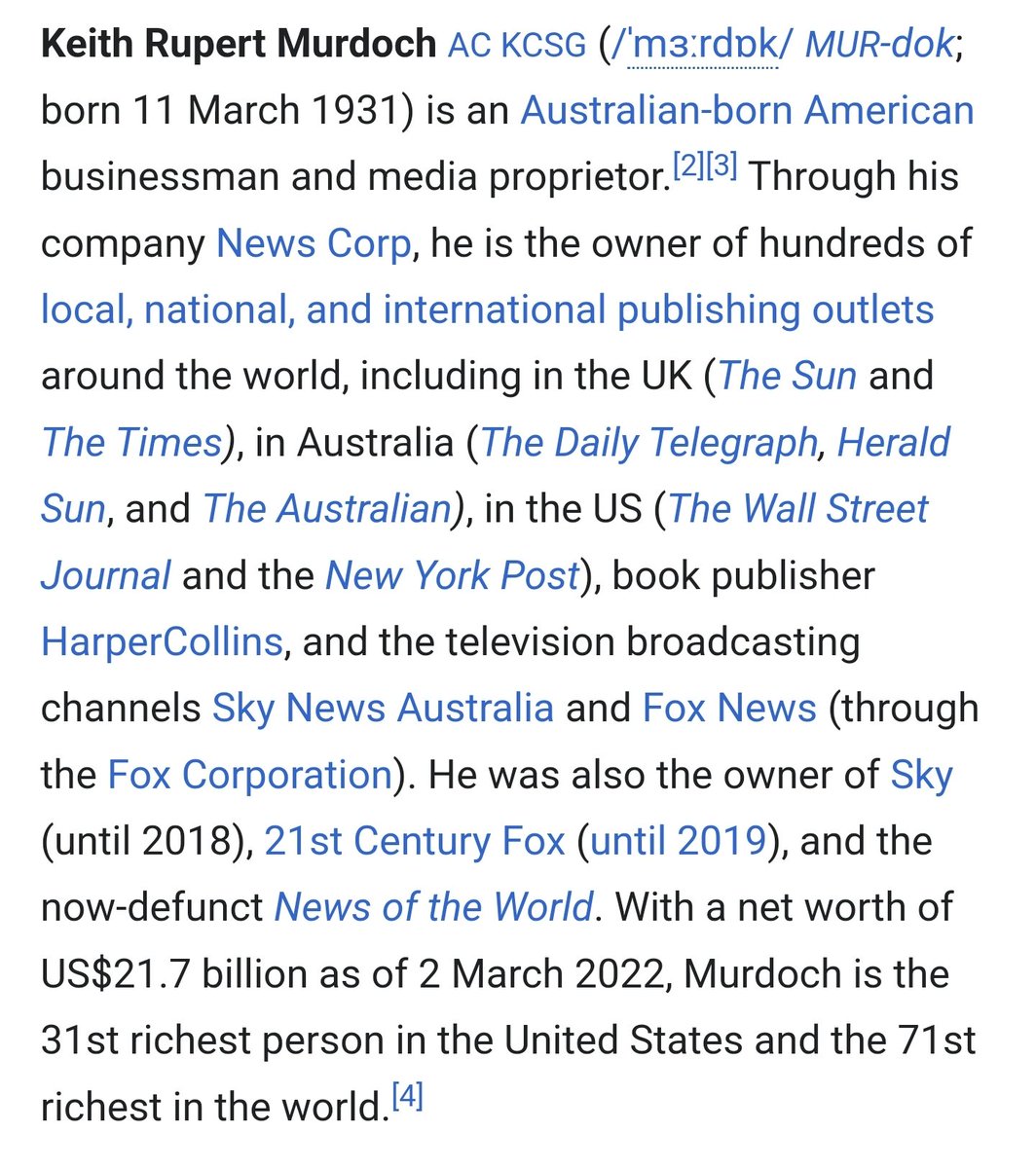
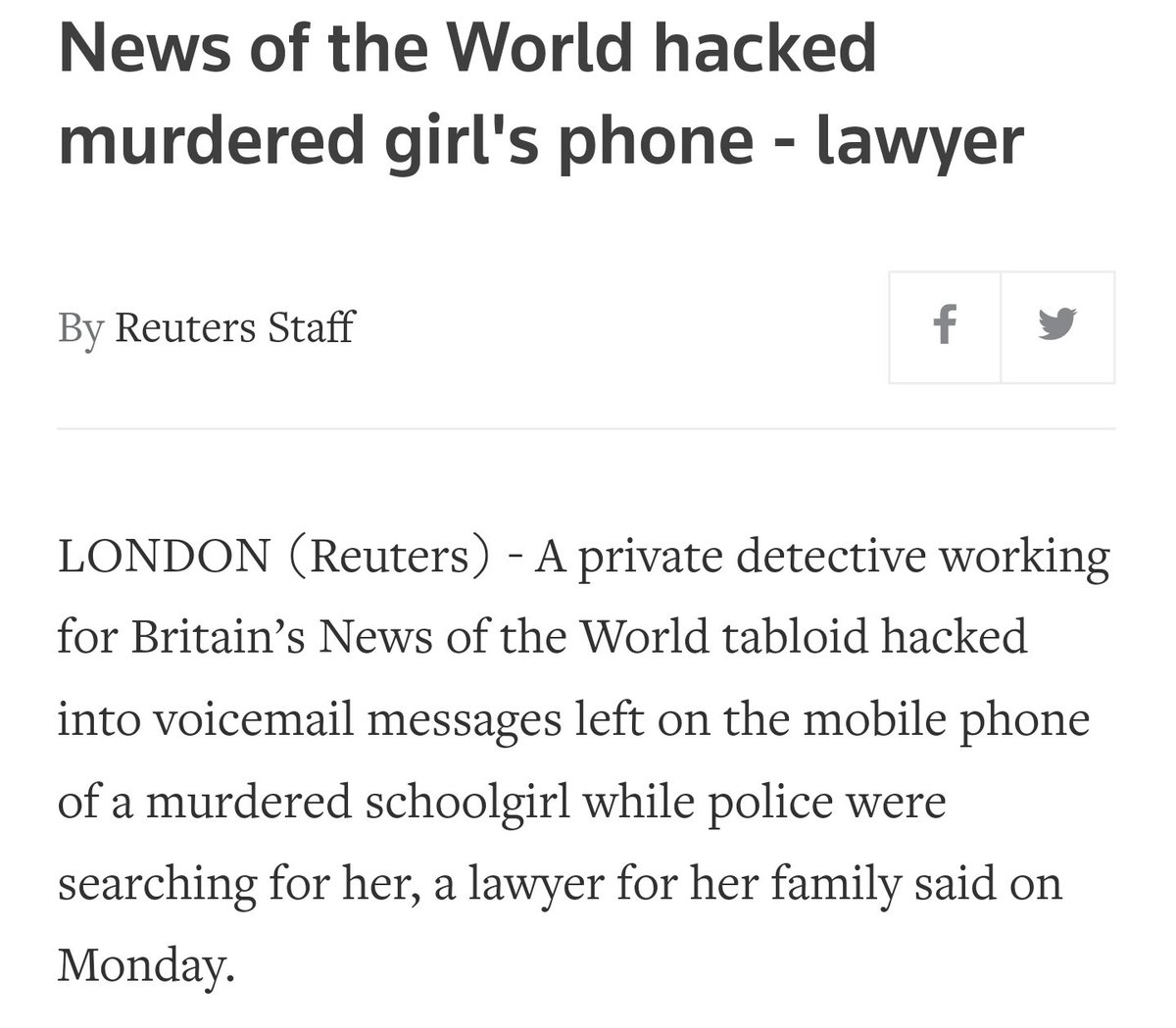
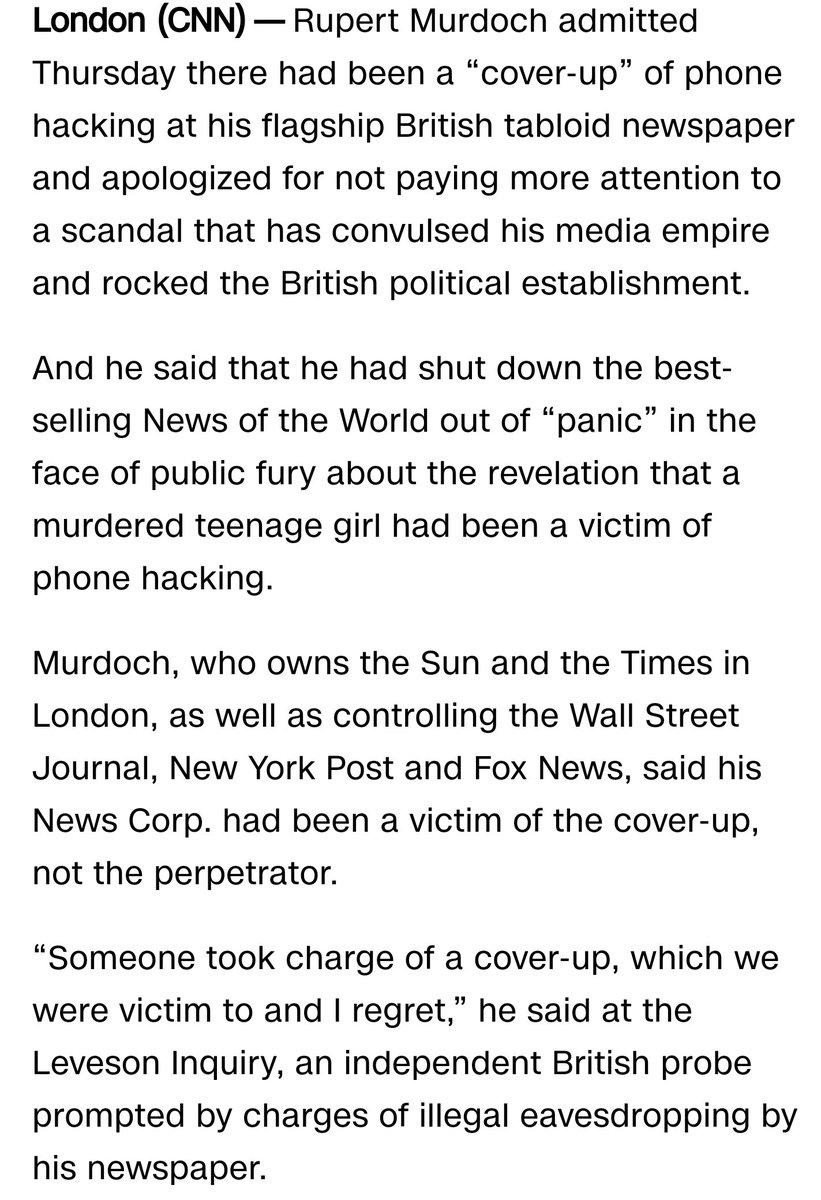
& thwarted its takeover of BSkyB.
This background enhances the sadism reference. Thus, whatever News of the World engaged in was sadistic—capitalising on people's pain for profit/gain. It also reinforces the Sherlock reference—investigating.
This background enhances the sadism reference. Thus, whatever News of the World engaged in was sadistic—capitalising on people's pain for profit/gain. It also reinforces the Sherlock reference—investigating.
The rapper topped it off with "my news on the sky, angels cry to empathise"—thus, angels cry at the evil deeds of News of the World (& the Sky reference).
en.m.wikipedia.org/wiki/News_Inte…
en.m.wikipedia.org/wiki/News_Inte…
The lines have a consistent rhyme scheme, with the end words of each line rhyming (e.g. "rise," "plagiarized," "empathize", "Murdoch", "Sherlock", "plagiarism", "sadism"). Some of these are internal rhymes.
The line "my news in the sky angels cry to empathize" creates an image of news being broadcasted to the heavens, and the idea of angels crying emphasises the sadness or tragedy being reported on.
The phrase "no shit Sherlock" is a paradoxical way of acknowledging the obviousness of something.
Recently it was announced that Prince Harry & Elton John are suing the Daily Mail for the phone-hacking scandal.
reuters.com/world/uk/daily…
Recently it was announced that Prince Harry & Elton John are suing the Daily Mail for the phone-hacking scandal.
reuters.com/world/uk/daily…
———
Bad business when phone credits are finished
You were chit chatting an azonto girl for too many minutes
Chivalry when you taking chicks to dinners you aspire to hit it
So you pay for her food and Guinness
———
Bad business when phone credits are finished
You were chit chatting an azonto girl for too many minutes
Chivalry when you taking chicks to dinners you aspire to hit it
So you pay for her food and Guinness
———
Imagine trying to woo/chit chat a girl to fall in love with you, & you're conducting this activity on a prepaid line. And you run-out of credit at midnight. This was the pain in the days when online purchase of credits wasn't a possibility. Now, that's bad business for you.
Azonto is/was a sub-genre of Hiplife. But it has a somewhat negative connotation when applied to people. In this case, an Azonto girl is a floozie girl.
Also, chivalry is when you go on a date with a girl, pay for her food & drink with the expectation that you'll end up with her in your bed.
These lines present expectations & disappointments (antithesis). And it'll go in full circle.
These lines present expectations & disappointments (antithesis). And it'll go in full circle.
Now, the first line serves as a pivot between the previous four lines & these four. The pivot being
"My news in the sky angels cry to empathize
Bad business when phone credits are finished"
If the credits run out & the cable cuts, the angels will empathise.
"My news in the sky angels cry to empathize
Bad business when phone credits are finished"
If the credits run out & the cable cuts, the angels will empathise.
Also, the second line in this set begins the conversation with the "Azonto girl".
The first line, "Bad business when phone credits are finished" exaggerates the situation by implying that running out of phone credits is a disastrous event (hyperbole).
The first line, "Bad business when phone credits are finished" exaggerates the situation by implying that running out of phone credits is a disastrous event (hyperbole).
The second line, "Chivalry when you taking chicks to dinners you aspire to hit it," employs irony by suggesting that the speaker is being chivalrous by taking girls out to dinner when, in reality, they are doing it with the intention of "hitting it" (irony).
The line, "So you pay for her food and Guinness," is a metaphor for the person paying for the girl's meal and drinks as a way to gain her favour or affection.
———
Aye chaley, walahi talahii
Madina show we some tings u fit ask Mawuli
If wisdom were riches we fit be the prince of Saudi
Ever since Audis and Porsche Cayenne's our drives gotten, rowdy
———
Aye chaley, walahi talahii
Madina show we some tings u fit ask Mawuli
If wisdom were riches we fit be the prince of Saudi
Ever since Audis and Porsche Cayenne's our drives gotten, rowdy
———
Walahi Talahii is a swearing. It's used to emphasise truth & sincerity. As in, "I swear to God". It either begins or ends a statement and it's meant to engender belief. 

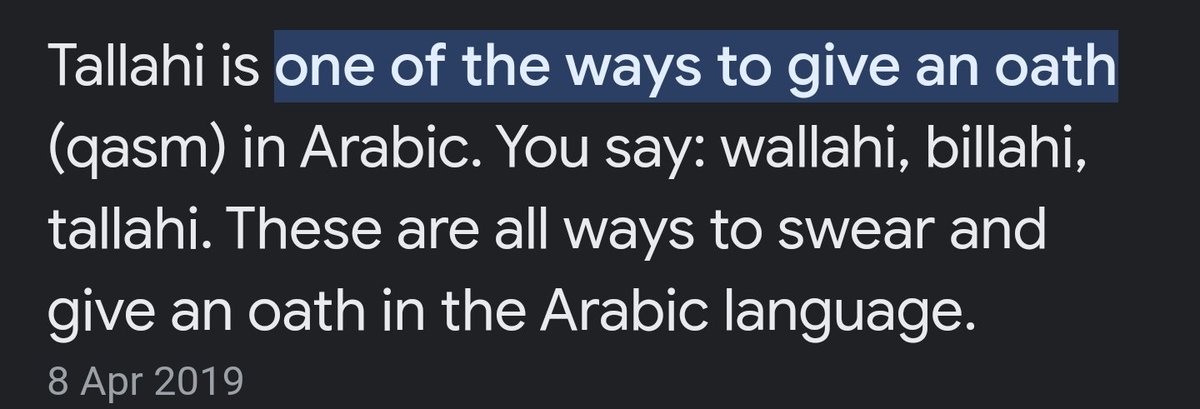

The rapper says, in all honesty, Madina (his neighbourhood in Accra) show love, support. If you doubt it, you can ask Mawuli (perhaps a friend). Mawuli is a name for someone from the Ewe ethnic group in Ghana & it means "there's a God", while Mawu means God. 
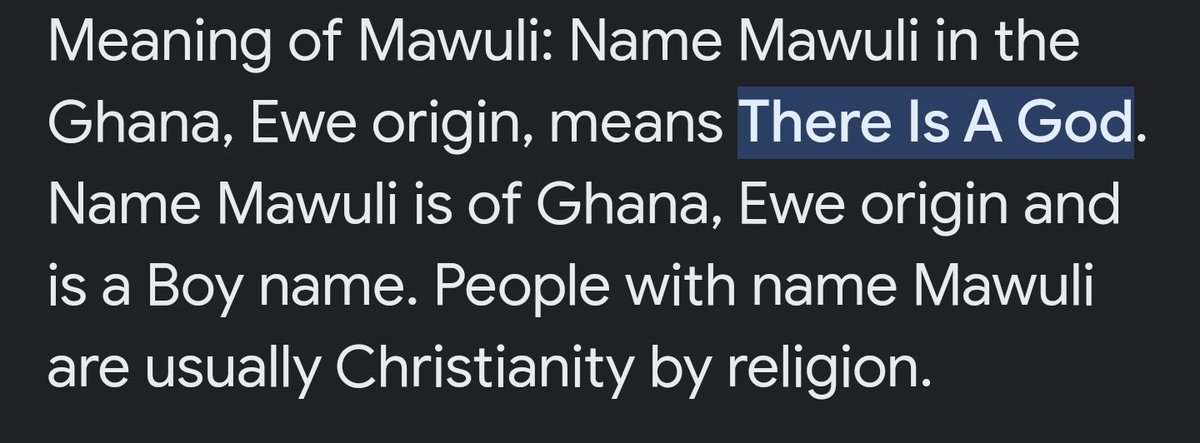
That's "u fit ask Mawuli", could mean the rapper is calling on the mortal Mawuli as a witness or he's calling on the immortal God which also emphasises the Hausa phrase "Wallahi Talahi".
Mdot has referenced Madina in many of his songs, recently having an album & its epilogue
Mdot has referenced Madina in many of his songs, recently having an album & its epilogue
named after the community—Madina to the Universe (#MTTU). On #TooBad, which is on the #TheEpilogue, Mdot raps—
Madina Madina
You know you made me a dreamer
After these pages on pages
I am in league with the greatest
Going back to the basics
—Too Bad
Madina Madina
You know you made me a dreamer
After these pages on pages
I am in league with the greatest
Going back to the basics
—Too Bad
The rapper personified Madina in "Madina show we some tings...". It's also a synecdoche as the rapper is using Madina to represent the "people in that community".
The rapper continues: if wisdom were riches then they could be as rich as the Kings of Saudi.
The rapper continues: if wisdom were riches then they could be as rich as the Kings of Saudi.
That's an allusion to the extent & depth of their wisdom. They have become noisy, ever since they got their whips—Audis & Porsches. "Drives" in "...our drives gotten rowdy", could mean "motivation".
The line "If wisdom were riches we fit be the prince of Saudi" employs hyperbole, which compares the rapper's wisdom to the wealth of the King of Saudi.
———
I mean we so Bob Marley
I mean turn the lights down low in this party
I mean two is company and three be kinda crowdy
My freedom of speech I exercise like Pilates
Shouts-outs to Haile Selassie
———
I mean we so Bob Marley
I mean turn the lights down low in this party
I mean two is company and three be kinda crowdy
My freedom of speech I exercise like Pilates
Shouts-outs to Haile Selassie
———
"We so Bob Marley", together with the previous line on rowdiness could signify popularity. Getting new whips have made them popular in many circles. But significantly, he's asking for some quietness at the party, just like Bob Marley & the Wailers asked in their song—
"turn your light down low", referenced in the next line.
At a party for lovers, or two people (where the intention is to "hit"), with the lights dim, three definitely is a crowd. This is the only rowdiness that the rapper won't tolerate.
At a party for lovers, or two people (where the intention is to "hit"), with the lights dim, three definitely is a crowd. This is the only rowdiness that the rapper won't tolerate.

He's exercising his freedom of speech by chit-chatting the girl. And he's exercising this freedom like Pontius Pilate, the Roman prefect of Judaea, who sentenced Jesus to death by crucifixion. He'll ask all the questions & seek the truth, like Pilate did. If in the end he'll have 
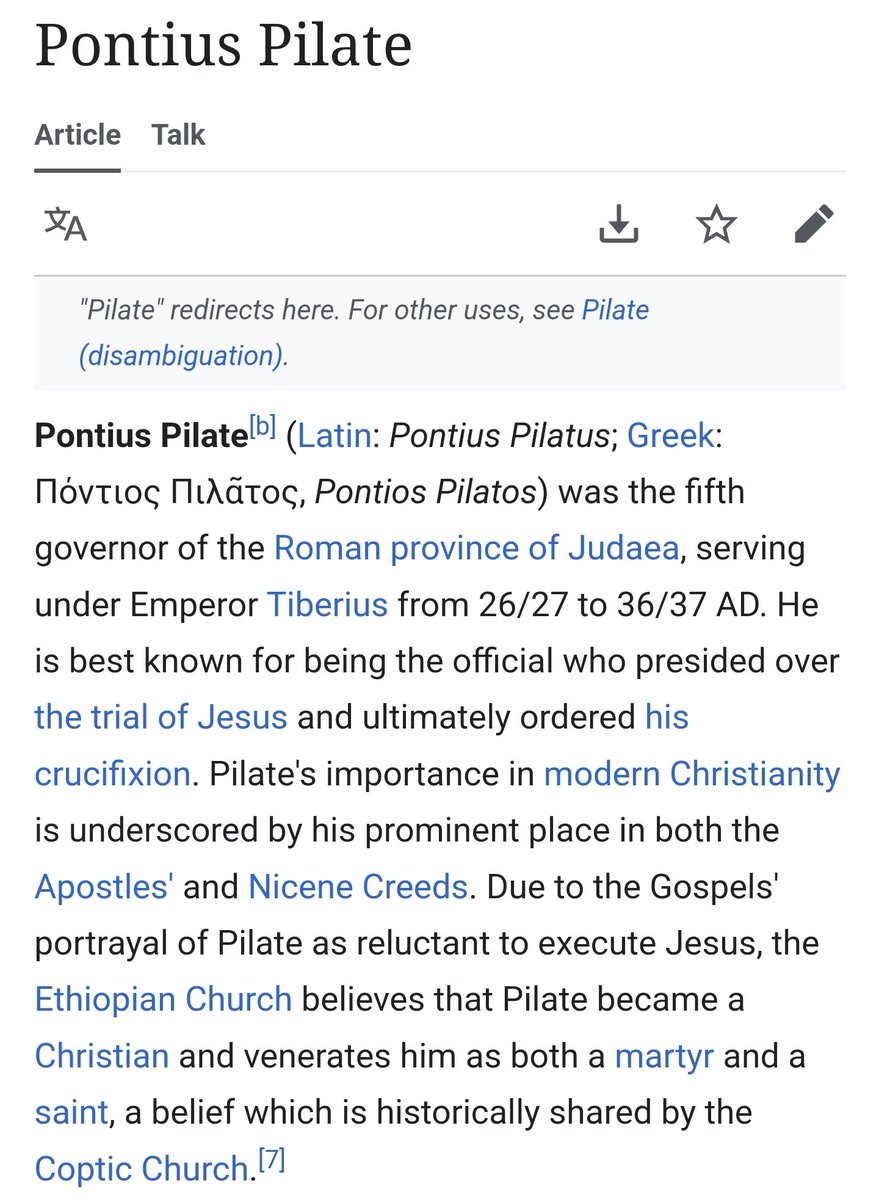
to crucify her, so be it.
Pilate had his say. For instance, he questioned what Jesus has done for him to be crucified & referred to the charges as baseless. He declared Jesus to be not guilty. When Jesus said he's the King of the Jews, Pilate asked him "what's truth?"
Pilate had his say. For instance, he questioned what Jesus has done for him to be crucified & referred to the charges as baseless. He declared Jesus to be not guilty. When Jesus said he's the King of the Jews, Pilate asked him "what's truth?"
But in the end, he capitulated to the needs of the Jews & sentenced Jesus. Thus we can say Pilate exercised his freedom of speech in that crucial time.
Hailie Selassie is the anthropomorphic symbol of the Ras Tafari movement, of which Bob Marley was a member/follower. It's believed that he traces his roots to King Solomon & Queen Sheba. 
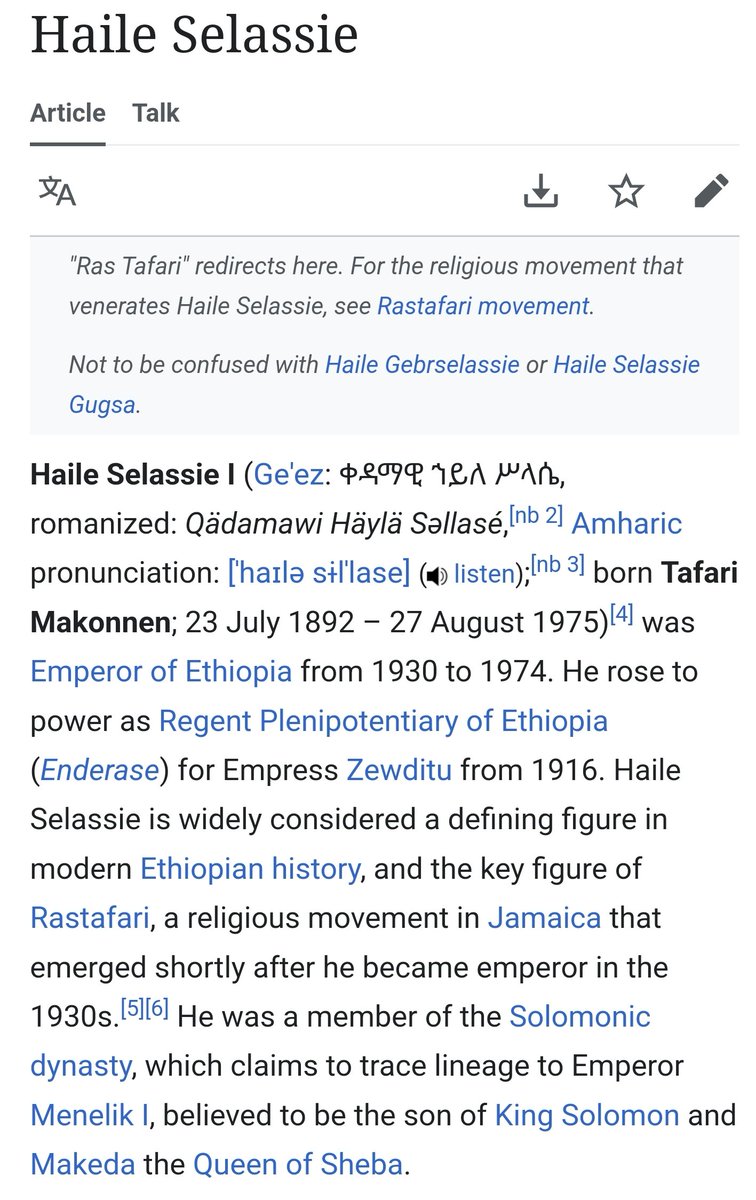
He was the Emperor of Ethiopia & ruled the country from 1930 to 1974. There's a great story behind the Ras Tafari.
These lines presents an imagery of the situation. It captures the mood & setting of the meeting—lights down, quiet music serenading the night & two people in a corner whispering.
There's an end-rhyme scheme on "Marley", "party", "rowdy", "crowdy". In addition the last line employed a simile (...like Pilate), Metaphor on how the lights should be turned down, & allusions to both Hailie Selassie & Bob Marley.
———
Shouts-outs to Haile Selassie
Selasie is an Ewe name so I guess we related probably
Number nine tings, thank me, you're welcome
And if you pray bad, fortune falls on me like Melcom then...
———
Shouts-outs to Haile Selassie
Selasie is an Ewe name so I guess we related probably
Number nine tings, thank me, you're welcome
And if you pray bad, fortune falls on me like Melcom then...
———
But Selassie is also an Ewe name & the rapper is asking (rhetorically) that perhaps there's a relationship somewhere. The Volta region was the ninth region to be created; hence, the moniker "Number Nine". 

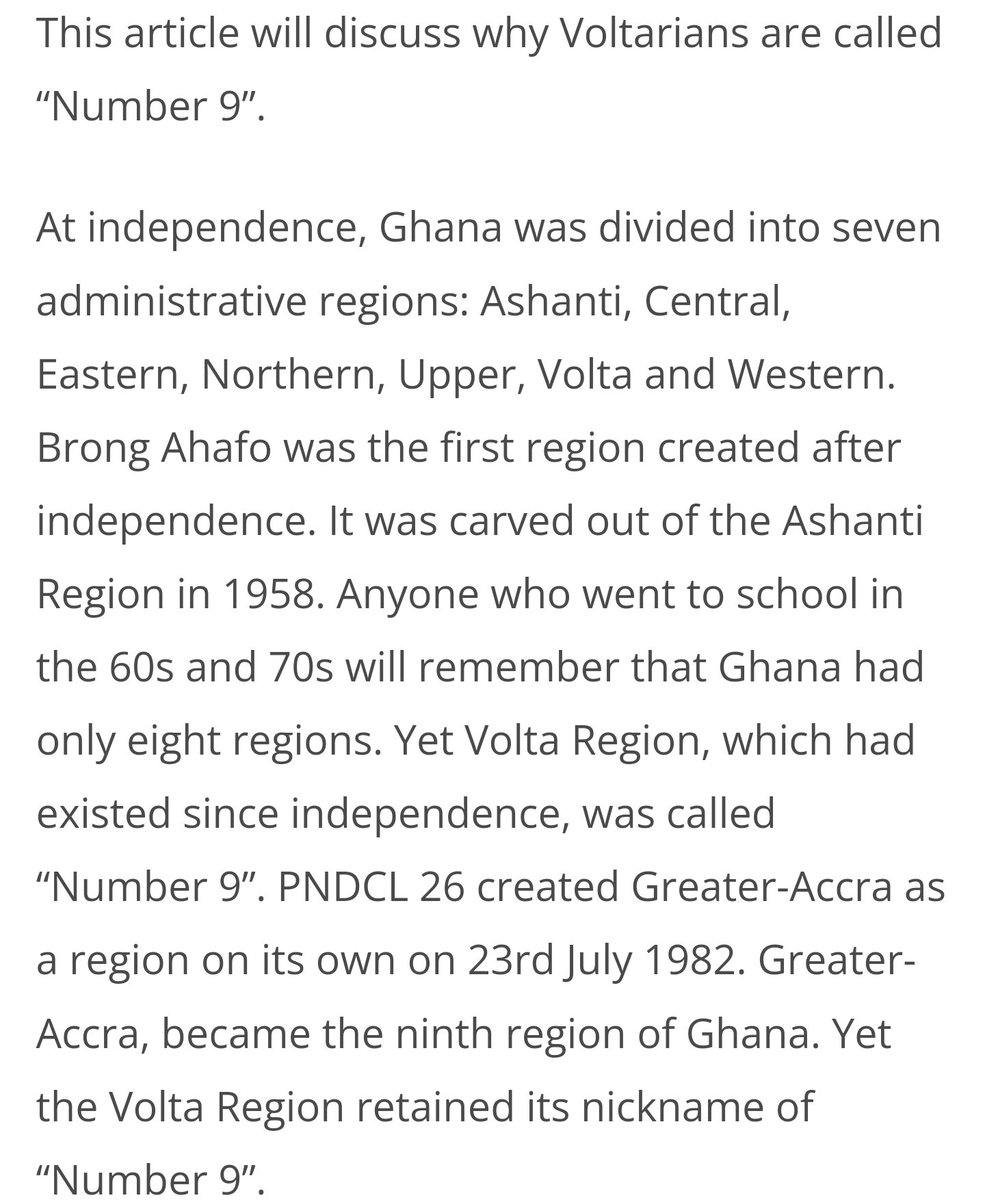

Though there have been other attribution stories including the fact that the first beauty contest in Ghana was won by contestant number nine, who was from the Volta region. Whatever the case, the moniker has stuck and Ewes are jokingly called Number 9. 

The rapper claims even if you pray bad for him, if you pray for evil to befall him like Melcom (a simile here)—in 2012, the Melcom shop at Achimota collapsed on itself, fortune will instead fall on him. Was Mdot playing on the "Ewe-juju" trope?
theafricareport.com/6403/ghana-tou…
theafricareport.com/6403/ghana-tou…
———
You dey skip school, you no dey see class
You only mess with dudes that ride up in C-class
Counting money is the only time you do math
You can't count on going through life with tits and ass, only
You dey skip school, you no dey see class
You only mess with dudes that ride up in C-class
Counting money is the only time you do math
You can't count on going through life with tits and ass, only
You say you beauty and brains then sweetie show me
'Cause I ain't one of the lames that believe the toli
I think your story is starting to stink, koobi
———
'Cause I ain't one of the lames that believe the toli
I think your story is starting to stink, koobi
———
The second verse begins with some of the major characters & characteristics of senior secondary education. It's a cautionary tale of students who pick up bad company in school and forego their studies—skipping classes & following friends on escapades, which sometimes involve
friends who have access to their parent's expensive cars for burnouts. "You dey skip school".
The person being referred to doesn't "see class" (doesn't attend class) & she only rolls with guys who pull up in "C class"—Mercedes (rhymes with "see class", "maths", "ass").
The person being referred to doesn't "see class" (doesn't attend class) & she only rolls with guys who pull up in "C class"—Mercedes (rhymes with "see class", "maths", "ass").
"C-Class" is also a synecdoche for luxury cars. There's also the sibilant alliteration on "skip", "school", "see", "class", "tits", "ass", "mess", "dudes", etc.
Maths has always been the most hated subject among students.
Maths has always been the most hated subject among students.
So it's not a surprise that the only time this person does any arithmetic is when he's counting money—the life of a young hustler. This is ironical because the person doesn't know maths but uses it in counting her money.
Though the person can count & counting money is the only maths she knows (an irony), she cannot count—depend—on going through life with such limited skills set & also can't count only on her features (tits & ass) to succeed.
The rapper uses a lot of homonyms & homophones. The first "count" means "estimate" & the second "count" means "depend on". Also "tits & ass" is a metaphor for beauty & a synecdoche for a beautiful person.
Though the person claims to be beautiful & brainy, the rapper doubts it. He isn't too lame to believe such claims. Either she comes with evidence or it's all just toli—lies. But even before she could prove herself, the rapper has rendered the knockout punch—he's smelt her out &
concluded that her stories stink (like "koobi"—dried, salted tilapia. A metaphor). Dried, salted tilapia has a peculiar smell. Tilapia preserved this way is cheap but when grilled in its fresh state, it's expensive.
The metaphor of the "koobi" emphasises that the stories are "toli"—totally & utterly untrue. There's no brains to the beauty. None whatsoever.
The use of "toli" & "koobi" is a form tautology, as they both refer to, or mean, "lies".
The use of "toli" & "koobi" is a form tautology, as they both refer to, or mean, "lies".
It's used to create emphasis and for effect. In addition, the rapper used repetition to drum home his contrasting point—
"You can't count on going through life with tits and ass only
You say you beauty and brains then sweetie show me".
"You can't count on going through life with tits and ass only
You say you beauty and brains then sweetie show me".
———
After just a couple of drinks you told me
Things you never said before, and I coulda bought more
'Cause your truth serum is wine it loosens up your jaws
So the filla all dey flow, apae te sɛ pawpaw
You touchy, feely and more
But wait, for another round on this merry go
After just a couple of drinks you told me
Things you never said before, and I coulda bought more
'Cause your truth serum is wine it loosens up your jaws
So the filla all dey flow, apae te sɛ pawpaw
You touchy, feely and more
But wait, for another round on this merry go
I no dey hurry go, though I fit carry go
'Cause my bro Fui warn me about Akɔnɔ bone
So you take your cabby go mek I sip my gin and tonic (Ow lord)
I no dey see you kraa
——–
'Cause my bro Fui warn me about Akɔnɔ bone
So you take your cabby go mek I sip my gin and tonic (Ow lord)
I no dey see you kraa
——–
After a couple of rounds of drinks, she starts to loosen up & her stories changed from the bombastic to the believable. As she gets tipsy, she loses control & says things she wouldn't have said—alcohol is her truth serum (metaphor) & she can't control her tongue at this point.
She begins to spill everything, all the secret stories—the filla—she would have otherwise kept are coming out. The reference to pawpaw (rhymes with jaws, before, & more) comes from the proverb—the head isn't like a pawpaw otherwise we'd have cut it open to know what is inside.
We say this if we want to know what people are thinking. That's, she's opened up like a sliced pawpaw. The line "So the filla all dey flow, apae te sɛ pawpaw" uses the alliteration of the "p" & "f" to emphasise how the truth was freely & easily flowing.
The "me" in "you told me" rhymes with "sweetie", "beauty", "only", "me", "feely", "touchy", "carry", "hurry", "cabby", "koobi", & "toli" from the lines above.
The tipsiness is making her all lovey-dovey, touchy-feely... What do you think is contained in the "... & more"? The rapper is calling for another round of drinks—
another round on this merry go (rhymes with polysyllabically with "hurry go", "carry go", "cabby go", & monosyllabically with "flow", "bone", & "ow").
There's an inversion on "another round on this merry go". Merry is happiness & this means another round of happiness (from the drinks). It also signifies how the drink moves.
The back & forth action of the server coming to pick empty bottles & replenish the empty glasses is like a merry-go-round (allusion)—that ubiquitous childhood play equipment found at every nursery school.
The rapper is not in a hurry to go home, though he can carry go. To "carry go" is a slang for "to take someone you met on your outing home"—usually, it isn't someone you went on a date with.
It could also mean to carry himself (&/or his drinks) & go home,
It could also mean to carry himself (&/or his drinks) & go home,
irrespective of the quantity of alcohol he's quaffed.
But he refrains from operationalising his initial thoughts/aspirations "of hitting her" because his brother, Fui, has advised him against lusting after floosies—akɔnɔ bɔne (wanton lust).
But he refrains from operationalising his initial thoughts/aspirations "of hitting her" because his brother, Fui, has advised him against lusting after floosies—akɔnɔ bɔne (wanton lust).
So instead of "carry go", he orders her a taxi home ("cabby go")—another chivalrous act, while he continues to drink. "Cabby go" sounds like "cabriolet", a type of car that folds downwards.
The story then comes full circle—beginning with chit-chatting an Azonto girl, paying for her dinner & drinks with the hope of ending up in bed together, listening to her incredible & closely kept stories, & ordering her a taxi home.
Post-Azonto Blues captures the melancholy between two people as they share their stories over drinks. There's always a melancholic reflective phase after a hedonistic enjoyment.
ADDENDUM I
One thing I love about doing this is that no matter how thorough you think you've been, someone will point you to a dope reference.
So with respect to "My freedom of speech I exercise like Pilates", M.anifest alludes to Joseph Pilate "who is credited with inventing
One thing I love about doing this is that no matter how thorough you think you've been, someone will point you to a dope reference.
So with respect to "My freedom of speech I exercise like Pilates", M.anifest alludes to Joseph Pilate "who is credited with inventing

and promoting the Pilates method of physical fitness. He patented a total of 26 apparatus in his lifetime." That's he exercised his freedom like how Pilates exercises or taught exercises.
This was pointed out to me by @boblittle125

This was pointed out to me by @boblittle125
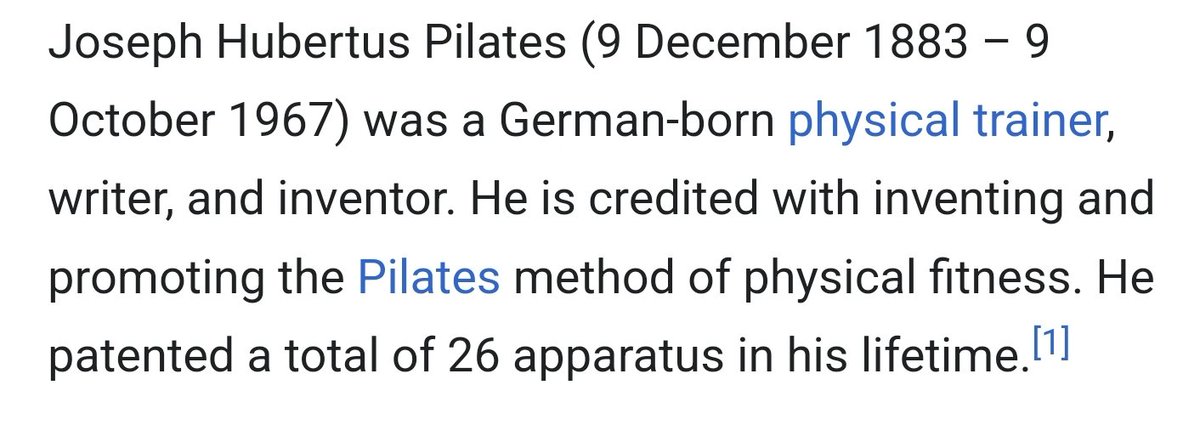

.@threadreaderapp, unroll
• • •
Missing some Tweet in this thread? You can try to
force a refresh

 Read on Twitter
Read on Twitter






